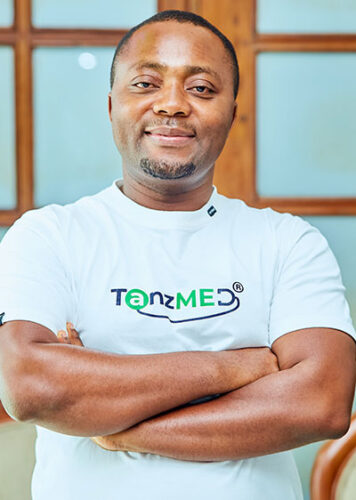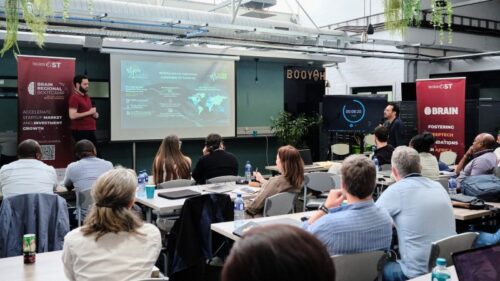
While artificial intelligence is transforming global industries at a pace that has never been done, Africa continues to struggle with unique challenges that hinder its participation in the AI revolution. Chief among these are limited access to reliable datasets, inadequate technological infrastructure, and a lack of capital funding. These structural issues are what the recently concluded BRAIN 4.0 Bootcamp in South Africa sought to address offering a practical roadmap for AI adoption on the continent.
The bootcamp, spearheaded by Open Startup (OST) and supported by organisations such as Digital Africa, AfricaGrow, Sanofi’s Global Health Unit, and MIT-Africa, brought together a cohort of AI-driven startups from across the continent. Hosted at Stellenbosch University and facilitated in partnership with LaunchLab, CERI, and Fluorobiotech, the program was designed to equip African founders with the tools to build scalable AI solutions tailored to their local contexts.
One of the major talking points at the event was the importance of Small Language Models (SLMs) in advancing AI in Africa. According to Younes Bensouda Mourri, a Computer Science lecturer at Stanford University, SLMs offer a practical alternative to Large Language Models (LLMs), which require enormous computing power and datasets, both scarce in many African markets.
“SLMs are crucial to accelerating AI innovation on the continent because they require fewer resources and can work with context-specific datasets that are readily available,” Mourri explained. His remarks underscored the need for African startups to adopt nimble, cost-effective technologies that address data scarcity while remaining relevant to local realities.
One startup embodying this approach is TanzMed, a healthtech company based in Tanzania. The startup is digitising healthcare services in a country where the doctor-to-patient ratio stands at an alarming 1:20,000. According to co-founder and CEO Mkata Nyoni, SLMs have allowed TanzMed to build intelligent systems that function effectively even with limited data. The platform now serves over 300,000 users, each contributing valuable health data to improve the model’s accuracy.

“SLMs empower us to make informed decisions using our own datasets, especially since most large models lack sufficient data on Tanzania,” said Nyoni.
The BRAIN Bootcamp not only offered technical training but also tackled the funding gap, which remains one of the biggest barriers for deeptech startups in Africa. Malek Lagha, Acceleration Manager at Digital Africa, emphasized the role of long-term funding partners in nurturing AI ventures.
“One of the hardest parts for deeptech startups is translating complex science into a viable business. This is where BRAIN Bootcamp plays a crucial role—by providing hands-on mentorship and access to strategic investors,” Lagha noted.
The five-day event included one-on-one coaching, pitch sessions, and expert panels involving investors from AfricInvest, Bpifrance, Agrivest, and Sanofi. The event ended with pitching sessions where startups showcased their progress and received feedback from industry leaders, including Richard Rabbat, CEO of Lighty AI.
As Africa seeks to carve out its space in the global AI ecosystem, initiatives like BRAIN 4.0 are proving essential. By equipping startups with the tools to deploy targeted, resource-efficient AI models, and supporting them with mentorship and capital, the continent is taking meaningful steps toward a more inclusive and innovative AI future.



